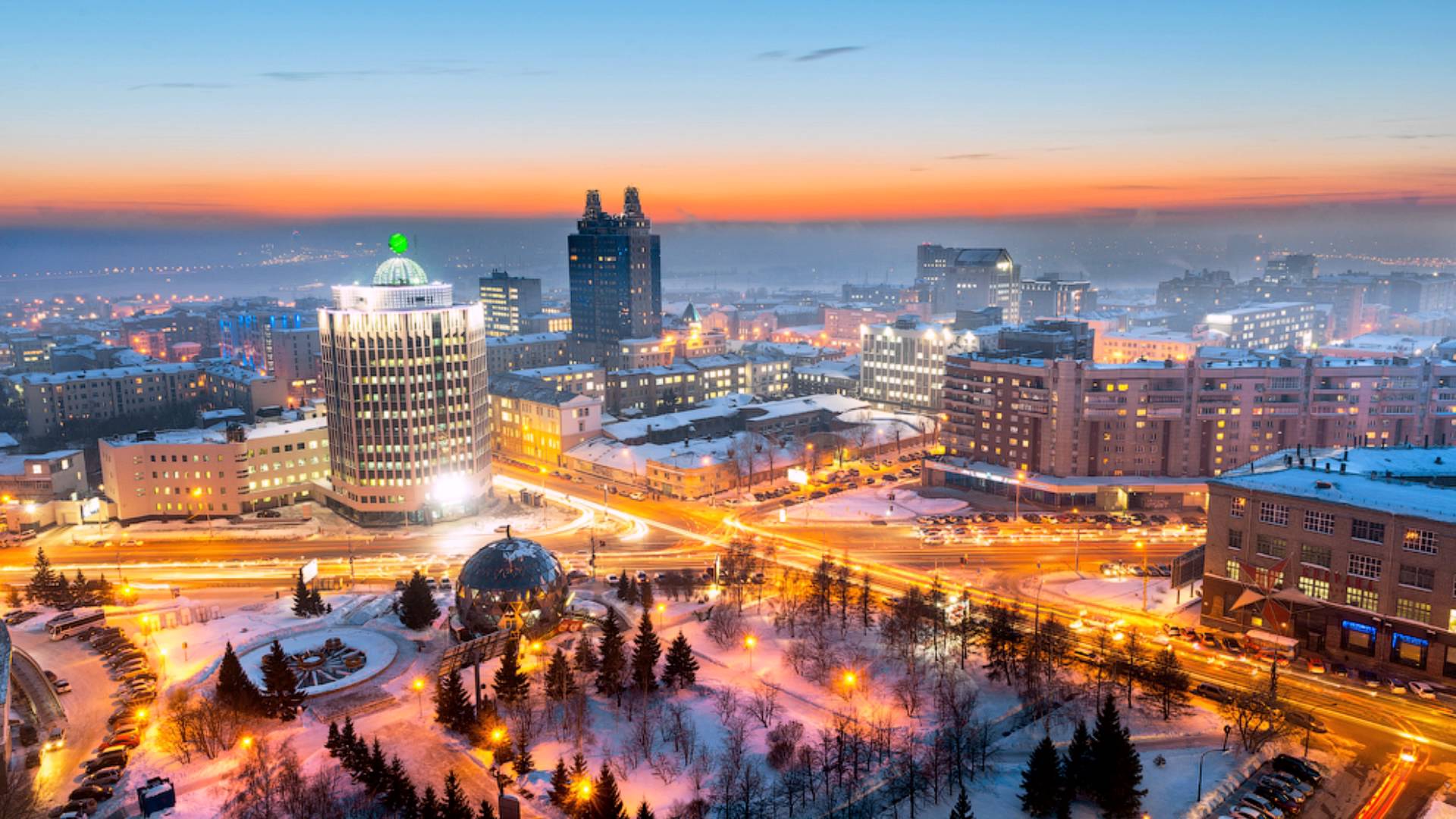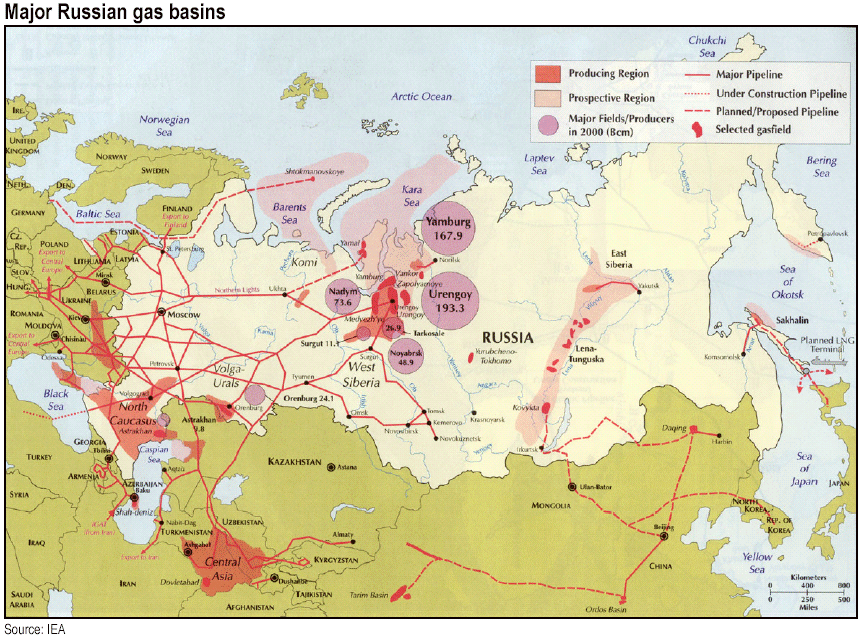|
Yury Komarov (businessman)
Yury Alexandrovich Komarov (in russian: –Ѓ—А–Є–є –Р–ї–µ–Ї—Б–∞–љ–і—А–Њ–≤–Є—З –Ъ–Њ–Љ–∞—А–Њ–≤, born 1945 in Novosibirsk, Soviet Union) is a Russian businessman. Career In August 1996 вАУ January 1999 he was the Director General of Gazexport, export subsidiary of Gazprom. In JulyвАУAugust 2002 he was the acting Director General of Gazexport. From 21 January 2002 until 12 May 2005 he was a Deputy Chairman of the Management Committee of Gazprom PJSC Gazprom ( rus, –У–∞–Ј–њ—А–Њ–Љ, , …°…РzЋИprom) is a Russian majority state-owned multinational energy corporation headquartered in the Lakhta Center in Saint Petersburg. As of 2019, with sales over $120 billion, it was ranked as the larges .... From October 2005 until February 2008 Komarov was a general director of Sevmorneftegaz, a subsidiary of Gazprom, which owns license to develop the Shtokman gas field. From February 2008 to April 2010 he was a head of Shtokman Development AG, the developer of Shtokman field. Komarov ... [...More Info...] [...Related Items...] OR: [Wikipedia] [Google] [Baidu] |
Novosibirsk
Novosibirsk (, also ; rus, –Э–Њ–≤–Њ—Б–Є–±–ЄћБ—А—Б–Ї, p=n…Щv…Щs ≤…™ЋИb ≤irsk, a=ru-–Э–Њ–≤–Њ—Б–Є–±–Є—А—Б–Ї.ogg) is the largest city and administrative centre of Novosibirsk Oblast and Siberian Federal District in Russia. As of the Russian Census (2021), 2021 Census, it had a population of 1,633,595, making it the most populous city in Siberia and the list of cities and towns in Russia by population, third-most populous city in Russia. The city is located in southwestern Siberia, on the banks of the Ob River. Novosibirsk was founded in 1893 on the Ob River crossing point of the future Trans-Siberian Railway, where the Novosibirsk Rail Bridge was constructed. Originally named Novonikolayevsk ("New Nicholas") in honor of Emperor Nicholas II, the city rapidly grew into a major transport, commercial, and industrial hub. Novosibirsk was ravaged by the Russian Civil War but recovered during the early Soviet Union, Soviet period and gained its present name, Novosibirsk ("New Siberia"), i ... [...More Info...] [...Related Items...] OR: [Wikipedia] [Google] [Baidu] |
Soviet Union
The Soviet Union,. officially the Union of Soviet Socialist Republics. (USSR),. was a transcontinental country that spanned much of Eurasia from 1922 to 1991. A flagship communist state, it was nominally a federal union of fifteen national republics; in practice, both its government and its economy were highly centralized until its final years. It was a one-party state governed by the Communist Party of the Soviet Union, with the city of Moscow serving as its capital as well as that of its largest and most populous republic: the Russian SFSR. Other major cities included Leningrad (Russian SFSR), Kiev (Ukrainian SSR), Minsk ( Byelorussian SSR), Tashkent (Uzbek SSR), Alma-Ata (Kazakh SSR), and Novosibirsk (Russian SFSR). It was the largest country in the world, covering over and spanning eleven time zones. The country's roots lay in the October Revolution of 1917, when the Bolsheviks, under the leadership of Vladimir Lenin, overthrew the Russian Provisional Government ... [...More Info...] [...Related Items...] OR: [Wikipedia] [Google] [Baidu] |
Gazexport
PJSC Gazprom ( rus, –У–∞–Ј–њ—А–Њ–Љ, , …°…РzЋИprom) is a Russian majority state-owned multinational energy corporation headquartered in the Lakhta Center in Saint Petersburg. As of 2019, with sales over $120 billion, it was ranked as the largest publicly listed natural gas company in the world and the largest company in Russia by revenue. In the 2020 ''Forbes'' Global 2000, Gazprom was ranked as the 32nd largest public company in the world. The Gazprom name is a contraction of the Russian words ''gazovaya promyshlennost'' (, gas industry). In January 2022, Gazprom displaced Sberbank from the first place in the list of the largest companies in Russia by market capitalization. Gazprom is vertically integrated and is active in every area of the gas industry, including exploration and production, refining, transport, distribution and marketing, and power generation. In 2018, Gazprom produced twelve percent of the global output of natural gas, producing 497.6 billion cubic me ... [...More Info...] [...Related Items...] OR: [Wikipedia] [Google] [Baidu] |
Gazprom
PJSC Gazprom ( rus, –У–∞–Ј–њ—А–Њ–Љ, , …°…РzЋИprom) is a Russian majority state-owned multinational energy corporation headquartered in the Lakhta Center in Saint Petersburg. As of 2019, with sales over $120 billion, it was ranked as the largest publicly listed natural gas company in the world and the largest company in Russia by revenue. In the 2020 ''Forbes'' Global 2000, Gazprom was ranked as the 32nd largest public company in the world. The Gazprom name is a contraction of the Russian words ''gazovaya promyshlennost'' (, gas industry). In January 2022, Gazprom displaced Sberbank from the first place in the list of the largest companies in Russia by market capitalization. Gazprom is vertically integrated and is active in every area of the gas industry, including exploration and production, refining, transport, distribution and marketing, and power generation. In 2018, Gazprom produced twelve percent of the global output of natural gas, producing 497.6 billion cubic meters ... [...More Info...] [...Related Items...] OR: [Wikipedia] [Google] [Baidu] |
Shtokman Field
The Shtokman field (also ''Stockman field''; russian: –®—В–Њ–Ї–Љ–∞–љ–Њ–≤—Б–Ї–Њ–µ –Љ–µ—Б—В–Њ—А–Њ–ґ–і–µ–љ–Є–µ), one of the world's largest natural gas fields, lies in the northwestern part of the South Barents BasinLindquist, Sandra J"South and North Barents Triassic-Jurassic Total Petroleum System of the Russian Offshore Arctic" USGS Open File Report 99-50N, United States Geological Survey in the Russian sector of the Barents Sea, north of Kola Peninsula. Its reserves are estimated at of natural gas and more than 37 million tons of gas condensate. History The Shtokman field was discovered in 1988. It was named after the Soviet geophysicist Vladimir Shtokman (russian: –Т–ї–∞–і–Є–Љ–Є—А –®—В–Њ–Ї–Љ–∞–љ), a descendant of German emigrants, whose name was originally spelled ''Stockmann''. In the early 1990s, Gazprom started talks with a group of five Western companies to participate in the field's development. In 1992, the foreign consortium was pushed out by the Rosshelf consor ... [...More Info...] [...Related Items...] OR: [Wikipedia] [Google] [Baidu] |
Upstream (newspaper)
''Upstream'' is an independent oil and gas industry upstream sector weekly newspaper and a daily internet news site. The newspaper is owned by NHST Media Group. It is headquartered in Oslo, Norway. The newspaper covers the upstream sector of the global oil and gas industry with full-time staff correspondents in all the major centres of the industry. It is published every Friday. Upstream had full-time reporters based in its head office in Oslo, as well as bureaux and correspondents in London, Moscow, Accra, New Delhi, Singapore, Wellington, Rio de Janeiro and Houston. Its editor in chief is Erik Means. The newspaper was founded in 1996 to compete with well-established rivals including ''Oil & Gas Journal'', ''Petroleum Intelligence Weekly'', and ''Offshore Engineer''. It covers all aspects of the upstream industry, but focuses especially on news related to business, policy and the sector's key players as well as the commercial side of the industry. Coverage includes explorati ... [...More Info...] [...Related Items...] OR: [Wikipedia] [Google] [Baidu] |
RosUkrEnergo
RosUkrEnergo is a Swiss-registered venture company that transports natural gas from Turkmenistan to East European countries. 50% of the company is owned by Gazprom, through its daughter Swiss-registered Rosgas Holding A.G., and another 50% by Swiss-registered private company Centragas Holding A.G., acting on behalf of a consortium of GDF Group owned by Dmytro Firtash and . Before the 2009 RussiaвАУUkraine gas dispute, it was the sole importer of natural gas from Gazprom, reselling it to Naftogaz Ukrainy. Critics have questioned Gazprom's claimed need for RUE as a middleman. RUE has been accused of simply being вАЬa corrupt intermediaryвАЭ but has dismissed suggestions that Russian or Ukrainian politicians benefit from the arrangement. History The company was created in July 2004 in a deal by former Ukrainian President Leonid Kuchma and his Russian counterpart Vladimir Putin to replace Eural Trans Gas. [...More Info...] [...Related Items...] OR: [Wikipedia] [Google] [Baidu] |
Asia-Pacific Economic Cooperation
The Asia-Pacific Economic Cooperation (APEC ) is an inter-governmental forum for 21 member economy, economies in the Pacific Rim that promotes free trade throughout the Asia-Pacific region.Member Economies вАУ Asia-Pacific Economic Cooperation Apec.org. Retrieved 12 April 2014. Following the success of Association of Southeast Asian Nations, ASEAN's series of post-ministerial conferences launched in the mid-1980s, APEC started in 1989, in response to the growing interdependence of Asia-Pacific economies and the advent of regional trade blocs in other parts of the world; it aimed to establish new markets for agricultural products and raw materials beyond Europe. Headquartered in Singapore, APEC is recognized as one of the ... [...More Info...] [...Related Items...] OR: [Wikipedia] [Google] [Baidu] |
Vladimir Putin
Vladimir Vladimirovich Putin; (born 7 October 1952) is a Russian politician and former intelligence officer who holds the office of president of Russia. Putin has served continuously as president or prime minister since 1999: as prime minister from 1999 to 2000 and from 2008 to 2012, and as president from 2000 to 2008 and since 2012. Putin worked as a KGB foreign intelligence officer for 16 years, rising to the rank of lieutenant colonel before resigning in 1991 to begin a political career in Saint Petersburg. He moved to Moscow in 1996 to join the administration of president Boris Yeltsin. He briefly served as director of the Federal Security Service (FSB) and secretary of the Security Council of Russia, before being appointed as prime minister in August 1999. After the resignation of Yeltsin, Putin became Acting President of Russia and, less than four months later, was elected outright to his first term as president. He was reelected in 2004. As he was constitutionall ... [...More Info...] [...Related Items...] OR: [Wikipedia] [Google] [Baidu] |
Yury Vyakhirev
Yury, Yuri, Youri, Yurii, Yuriy, Yurij, Iurii or Iouri is the Slavic (russian: –Ѓ—А–Є–є, Yuriy, or uk, –Ѓ—А—Ц–є, Yuriy, or bg, –Ѓ—А–Є–є, Jurij, or be, –Ѓ—А—Л, Jury) form of the masculine given name George; it is derived directly from the Greek form Georgios and related to Polish Jerzy, Czech Ji≈Щ√≠, and Slovak and Croatian Juraj, akin to Spanish and Portuguese Jorge, and German J√Љrgen, and assimilated in modern forms such as German and Italian Juri, Portuguese Iury, and Dutch Joeri. The Slavic form of the name originates with Yuri Dolgoruky, Grand Prince of Kiev (c. 1099вАУ1157), in early accounts recorded as ''Gyurgi, Dyurgi''. Yaroslav the Wise, great-grandfather of Yuriy Dolgorukiy, was the first Ruthenian ruler whose patron saint was Saint George. The saint is now depicted on the coat of arms of Moscow. Ancient and medieval world (Listed chronologically) * Yuri Dolgorukiy or Yuri I Vladimirovich (c. 1099вАУ1157), Grand Prince of Kiev * Yuri II of Vladimir (1189вАУ ... [...More Info...] [...Related Items...] OR: [Wikipedia] [Google] [Baidu] |
Oleg Siyenko
Oleg (russian: –Ю–ї–µ–≥), Oleh ( uk, –Ю–ї–µ–≥), or Aleh ( be, –Р–ї–µ–≥) is an East Slavic given name. The name is very common in Russia, Ukraine and Bel–∞rus. It derives from the Old Norse ''Helgi'' ( Helge), meaning "holy", "sacred", or "blessed". The feminine equivalent is Olga. While Germanic in origin, "Oleg" is not very common outside Eastern European countries. Russian pronunciation –Ю–ї–µ–≥ (Oleg) is pronounced РЋИl ≤ekin Russian. The English pronunciation of Oleg is based on the transliteration of the Cyrillic alphabet, and overlooks three key features of the Russian pronunciation: # The stress is on the second syllable. In spoken Russian, the initial short unstressed 'O' is reduced to Р similar to the 'a' as in 'about'. # The '–ї' (l) becomes palatalized to ≤вФА that is, it gains a 'y'-like quality, and but is still most closely approximated by a plain English 'l'. # The word-final final '–≥' (g) is devoiced to Thus, rather than "Oh-leg", the phonetically ... [...More Info...] [...Related Items...] OR: [Wikipedia] [Google] [Baidu] |


